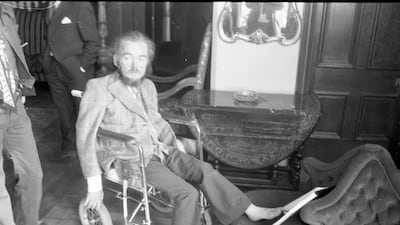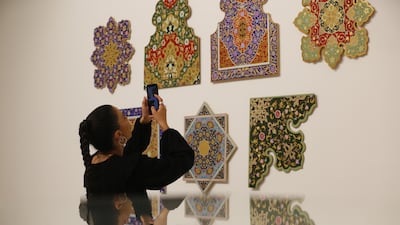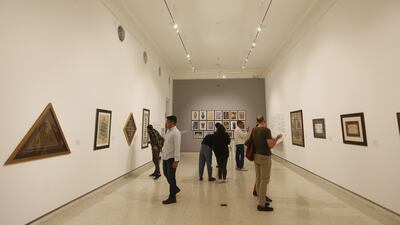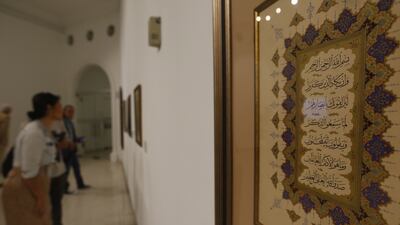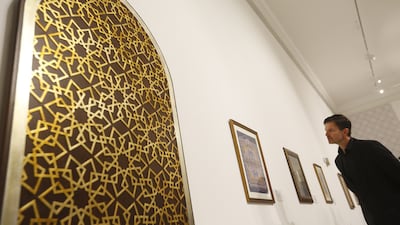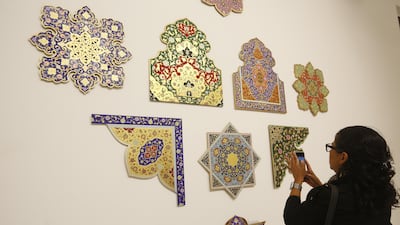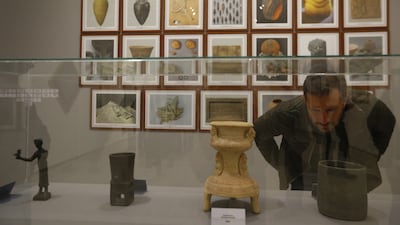There is no doubt that literature for decades has failed people with disabilities, despite the fact there are more than one billion disabled people worldwide, equivalent to 15 per cent of the global population, according to the World Health Organisation. Even today, on International Day of People with Disabilities 2022, we are still finding it difficult to identify genuine portrayals of "disability" in writing.
Books often are the perfect escape when you are struggling with life and growing up, sometimes providing the only space where you can find like-minded characters or authors who speak directly to you. They are, for many, a form of therapy that has existed for centuries, long before most people knew what psychologists were.
I was desperate for that book that could change my perception of what life with a disability entailed, especially during my teenage years, the most difficult period of any child’s life. Yet I didn’t find that refuge until my late teens.
Below are the books that have had an impact on me and my perception of living with a disability, and I would encourage every person of determination to read and explore them.
My Left Foot by Christy Brown
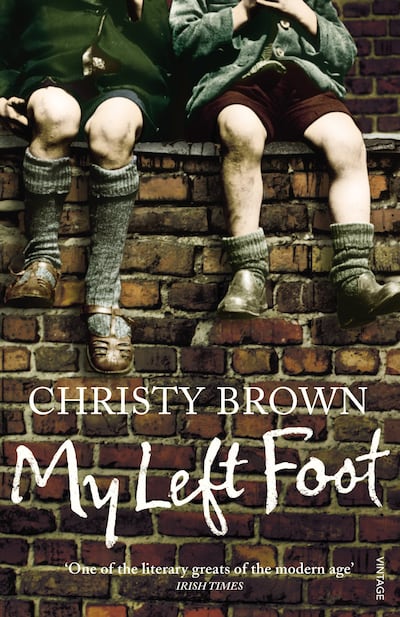
Published in 1954, when Irish author Brown was 22, My Left Foot explores his journey with cerebral palsy. Barely able to talk, at the age of five, he picked up a piece of chalk with his left foot, the only part of his body with any flexibility, and thus began to communicate.
Brown has a gift for storytelling, and he writes simply and lyrically about his life through painting and writing — with his left foot, he is able to express his feelings of loneliness, entrapment and suffocation.
This is the first book I ever read on disability by an author who was disabled himself. I had an instant trust in the content of the book, as I knew every tiny detail was authentic and real. I was 16 when I read it. I was trying my hardest to fit in at my mainstream school, struggling with my identity and a deep sense of not belonging.
Reading My Left Foot opened my eyes to the potential within me, as a way to vent my feelings through writing, but most importantly, it made me realise I am not alone, or unique in my struggles with a society that has a dim view of disability.
The Bell Jar by Sylvia Plath
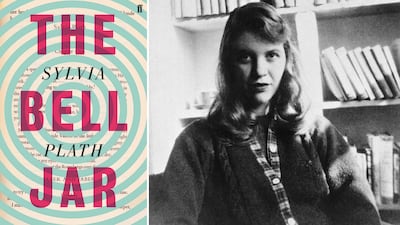
We all know Sylvia Plath wasn’t physically disabled but we are also aware that mental health does fall under the umbrella of disability.
The Bell Jar is the only novel Plath wrote. Originally published under the pseudonym Victoria Lucas in January 1963, the novel is semi-autobiographical, with the names of places and people changed.
The book follows the protagonist's descent into mental illness, which parallels Plath's own experiences with what may have been clinical depression or bipolar II disorder. Plath committed suicide a month after it was published.
During my English degree, I came across The Bell Jar and it struck a chord with me, maybe because at the time no one was talking about mental health or even acknowledging it. For me, it paved the way to understanding my own low points, and that those "dark" moments that I experienced were a natural element of life and that there is a way to — if not overcome it — then at least, accept and understand it.
Driving Forwards: A journey of Resilience and Empowerment After Life-Changing Injury by Sophie Morgan
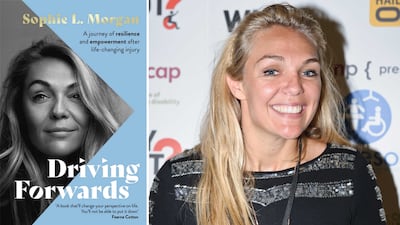
On the precipice of starting her adult life, at 18, Morgan, a rebellious and incorrigible wild child, crashed her car and was instantly paralysed from the chest down. Taken to hospital, everything she had dreamed for her life was gone and her journey to rediscover herself and build a different life began. But being told she would never walk again would come to be the least of her concerns.
Over the next 18 years, as she strived to come to terms with the changes in her body, her relationships were put to the test. She had to learn to cope with the many unexpected and unpredictable setbacks of living with paralysis, overcome her own and other people's perceptions of disability and explore the limits of her abilities, all while searching for love, acceptance, meaning, identity and purpose.
The book taught me a lot about being paraplegic but it also made me aware that ethnicity doesn’t play a role in that urge to find a "cure" for your disability. For so long I truly believed it was an Arab or an ethnic minority urge to "get rid" of disability via finding that illusive "cure" but reading Morgan’s book and her experience of searching for that cure made me realise it’s a human instinct thing rather than about ethnicity.
Head Above Water: Reflections on Illness by Shahd Alshammari

Head Above Water takes us into a space of intimate conversations on illness and society's stigmatisation of disabled bodies. We are invited to ask the big questions about life, loss, and the place of the other.
The narrative builds a bridge that reminds us of our common humanity and weaves the threads that tie us all together. I've been a big fan of Alshammari, ever since I read her first book Notes on the Flesh — partly because we are both disabled Arab women and she eloquently writes about Arab society’s attitude and perception of disability, especially towards disabled women.
Being a woman in an Arab society can be hard, but it is even harder when you are disabled and this is something I have experienced myself. Head Above Water was the confirmation I needed to know that I am right, that over the years, it was not my imagination or that I misunderstood people.
You are the Best Thing Since Sliced Bread by Samantha Renke
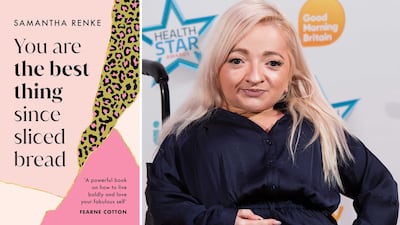
In this memoir Renke shares the lessons she has learnt and why one should embrace their uniqueness and what makes them fabulous.
“We spend a lot of time living by others' expectations and it's only when you stop, that you start saying yes to life. Irrespective of who you are and the obstacles you might face, you can do whatever you want. Be free and unapologetically you," Renke writes.
I read her book earlier this year and it struck me how, even when our disabilities and backgrounds differ, there are so many shared experiences: the disabling attitude of society, the urge to conform and fit into that same society and the impact of such pressure on our mental health.
I wish I had read You are the Best Thing Since Sliced Bread when I was a teenager, to understand that I am perfect as I am and the right thing to do is not succumb to society’s pressures, but to embrace your disability and identity, and have the belief that you are the best version of yourself.
Raya Al Jadir is a fellow at the Carter Centre for Mental Health Journalism and co-founder of online disability lifestyle magazine Disability Horizons
Scroll through images of Sharjah's exhibition at Guadalajara International Book Fair below
